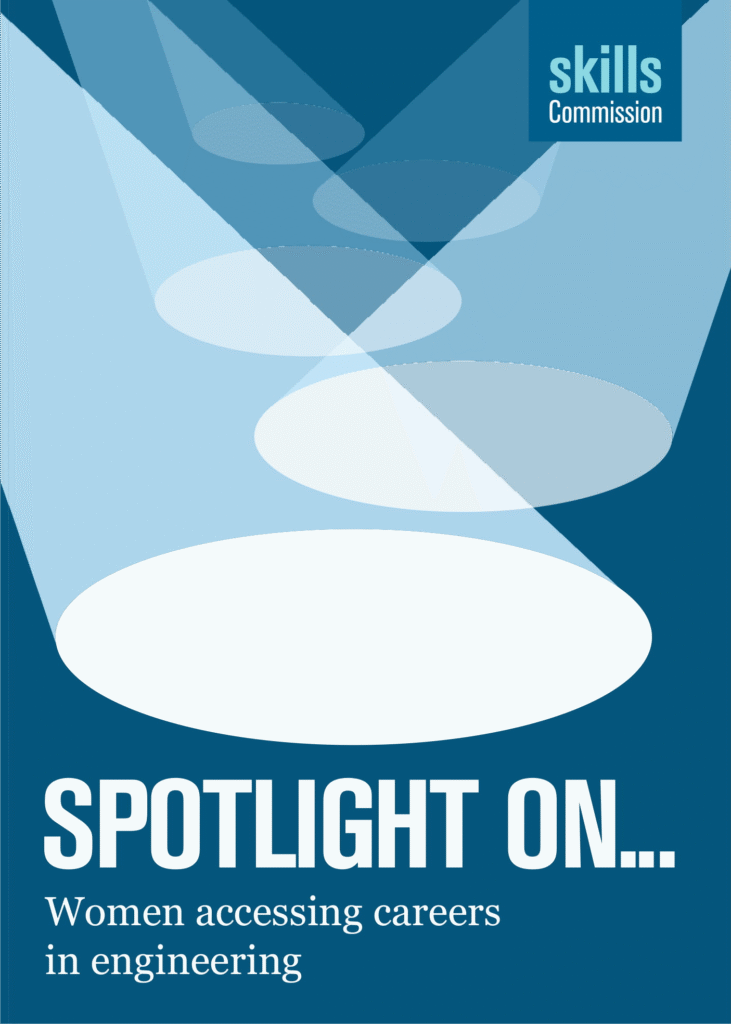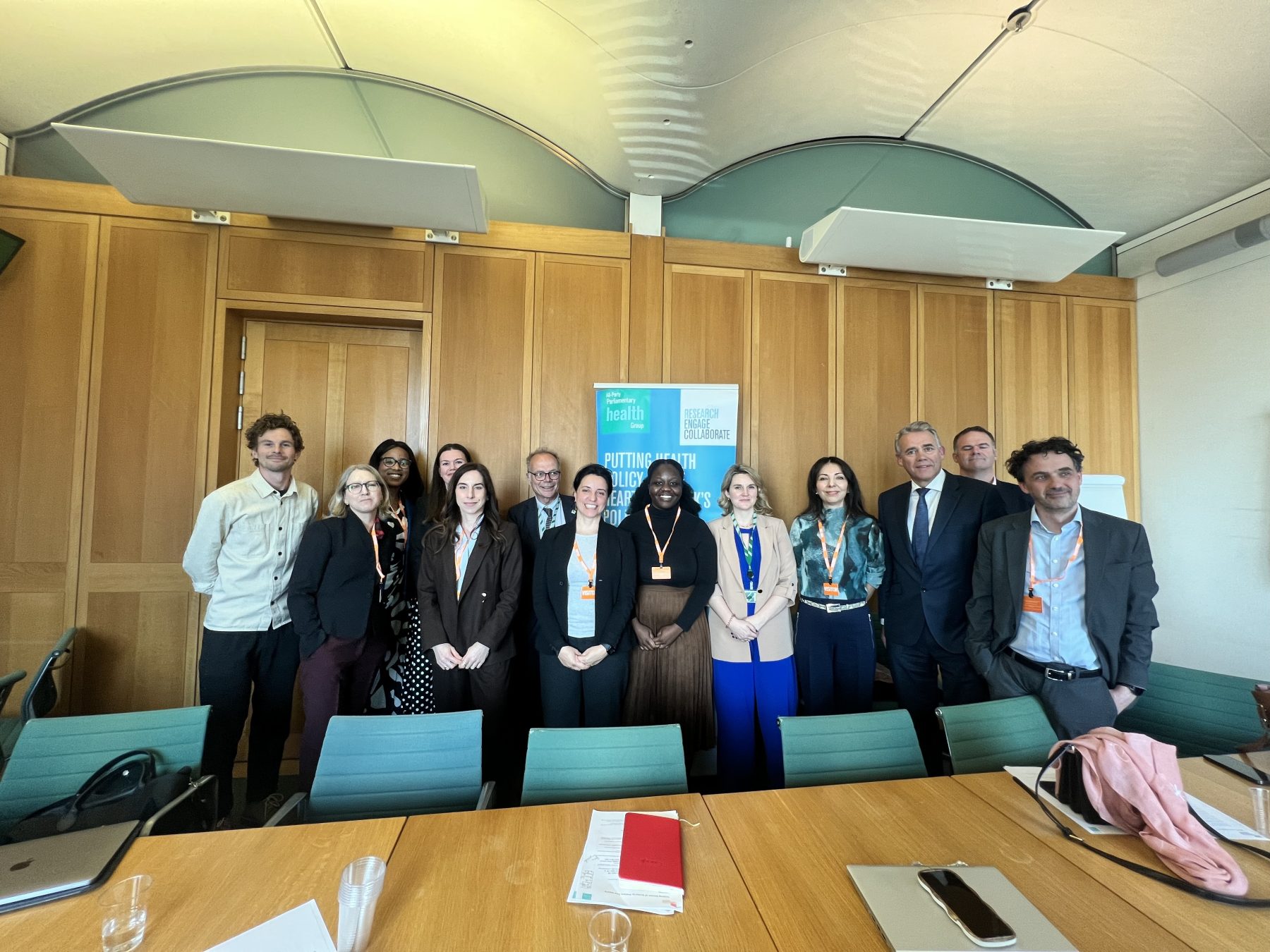- A-Levels and GCSE results show that more girls are taking STEM qualifications, and it is now crucial these girls are supported into STEM careers to fill gender gaps – particularly for engineering
- Skills Commission report calls for gender imbalances to be addressed with cross-governmental task force to develop policy reforms based on data and campaign evaluation
- Task force is recommended to develop early education/career interventions to break the cycle of cultural norms
- Previous cross-sectoral efforts have not decidedly increased women representation in the engineering sector (women currently make up just 12% of the engineering profession)
The Skills Commission is calling for the government to provide joint funding to a central organisation to develop clear oversight of ‘women in engineering’ initiatives
It argues that a central government hub is needed between BEIS, Department for Education and the Government Equalities Office to share learning, provide guidance for education practitioners, and importantly to ensure that government-funded initiatives are being properly evaluated to achieve maximum impact.
The Commission’s report found that while there are many high quality campaigns to encourage women into STEM/engineering pathways, their overall impact has not decidedly improved representation. It found that interventions and campaigns aimed at the very earliest stages of the education/work cycle would interrupt such prejudices, for which monitoring, a central evaluation hub, and unconscious bias training will contribute to improving.
“Attitudes and perceptions take time to change, making it the more important that the government take action now both to use the upcoming skills system reforms and to bring in additional measures to support more women into engineering.”
Inquiry Co-Chairs Lucy Allan, Conservative MP for Telford; Preet Kaur Gill, Labour MP for Edgbaston; and Prof. Sandra McNally of University of Surrey and LSE.
The report, launched today, says that cultural barriers were still difficult to overcome in the engineering career pathway, ultimately affecting women’s wages and cultural expectations.
The findings suggest that, alongside action to intervene at early stages, there is an immediate need for firms to address the problem through equality, diversity and inclusion requirements in their supply chains. This could support women to continue in engineering after education.
To read the full report, please download it from the Skills Commission website here.
“The importance of ensuring effective inclusivity and eliminating gender bias in the sectors we represent is extremely important to us. We are committed to promoting this important sector for all, continuing to raise its profile on the national stage and reducing the under-representation of women in STEM areas as a whole. The number of female students we see on our Engineering courses increases year-on-year, proving that the tide is turning on this issue.”
Mark Lumsdon-Taylor, Group Deputy Principal and CEO, Hadlow Group
“Jisc as a technology organisation welcomes this call for a much more coherent approach to tackling the barriers to equality and diversity in STEM to ensure greater drive and impact of the various initiatives. We know there is more that needs to be done to remove gender bias in STEM careers and are committed to helping achieve this. For this reason, we have launched a partnership this year with STEM Ambassadors, to encourage young people to consider careers in these fields.”
Alice Colban, Chief operating officer and deputy chief executive, Jisc



